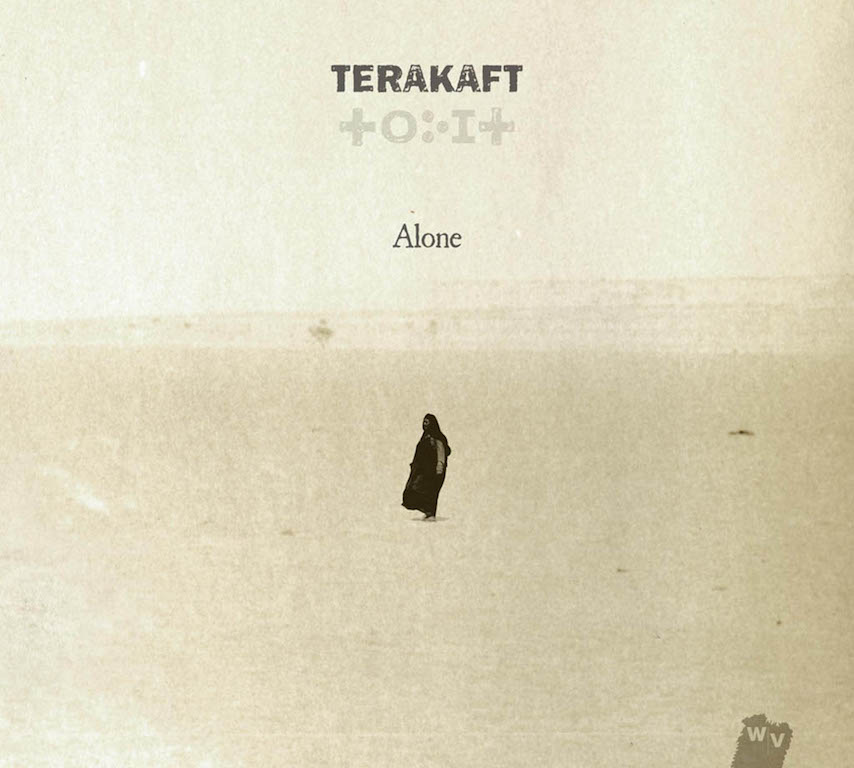Mali's Terakraft's fifth studio album
ALONE by Terakaft
(Outhere Records)
Terakaft could well be the most rock ’n roll of all of Mali’s Tuareg bands. Like Tinariwen and Tamikrest before them, Terakaft are fronted by a singer/guitarist whose tight ’fro is reminiscent of a Catch a Fire-era Bob Marley; unlike Tinariwen’s Ibrahim Ag Alhabib or Tamikrest’s Ousmane Ag Mossa, Terakaft’s Sanou Ag Ahmed often swops his traditional robes for sunglasses and a militant khaki shirt.
Together with his uncle Liya Ag “Diara” Ablil, Sanou has plugged in to the attitude embodied by an electric guitar riff, creating a sound that should guarantee Terakaft a place in rock history.
The confidence of their fifth album, Alone, is a reflection of Terakaft’s close proximity to the undisputed Tuareg masters Tinariwen; you could arrange the members of both bands into a Venn diagram with a sizable overlapping middle. Diara, for example, had a secure place in Tinariwen but got stranded in Bamako due to a missed flight. Terakaft was born out of Diara and Sanou’s freshly available collaboration, and today the two bands frequently share festival stages and stand in for each other when needed.

Sadly, the proud, uplifting and inherently fun-loving kind of music that Terakaft play is more of a celebration of Tuareg potential than a window into current everyday life. Conflict in the Sahara led by fundamentalist Islamist terrorists has left the band feeling alone, and the purpose of their aptly titled album is to keep alive a culture that doesn’t have a homeland.
The hope that the restoration of Tuareg life – campfires, tea-drinking sessions, playing music long into the night – was integral to Terakaft’s previous two releases, but now the band has a realism that brings sanity in these times of broken dreams. Lyrically, Terakaft preach a message of friendship and tolerance.
The music packs a huge punch, and Alone has been skilfully engineered to quench the thirst of the growing international community of Tuareg rock fans. Electric guitars rule supreme on tracks such as Nastiness and, as you’d expect, the riffs are nasty; put that next to bad, dirty and wicked for a complement that appeals to the inner adolescent in every rock fan. The percussion is where Alone becomes great though, manifested in a heart-pumping onslaught of calabash whacks, hand claps and shakes.
Crucially, Terakaft is not just another Saharan rock band. It’s testament to the success of Tinariwen that Terakaft has become a real marketing danger. They are standard bearers for the genre, and have stepped into Tinariwen’s impossibly big shoes with a knowledge of Western rock music and how it can be exploited.
Credit should go to producer Justin Adams, who has given Sanou and Diara’s stadium-packing potential a clear direction. Terakaft, or “the caravan” as their name translates, seem ready to cut a distinctly Saharan path into rock music.